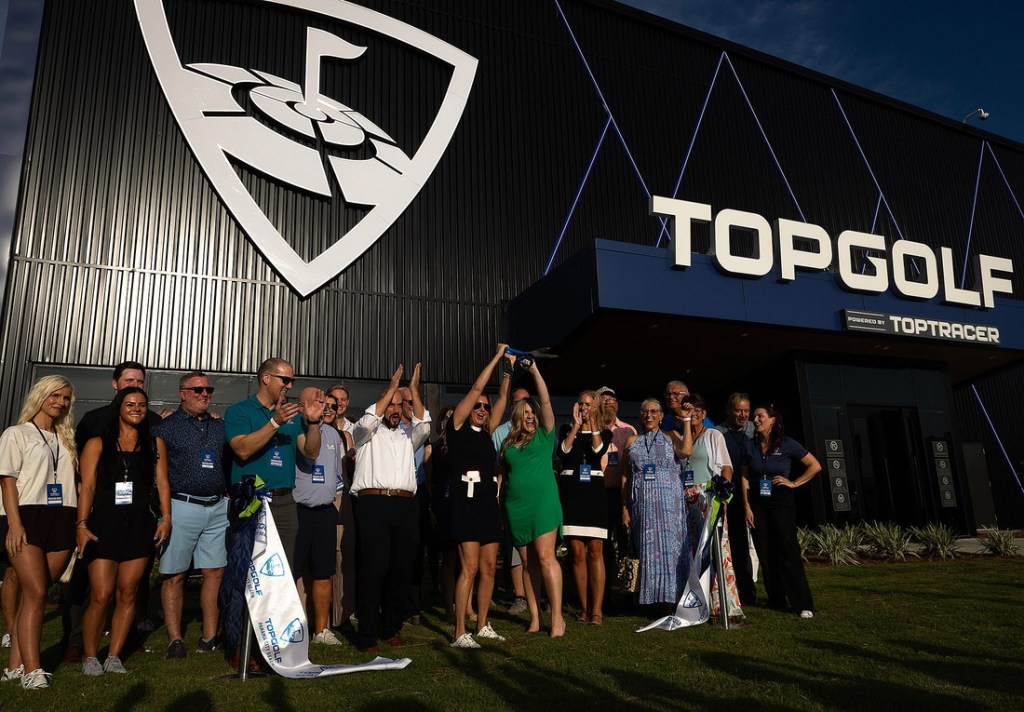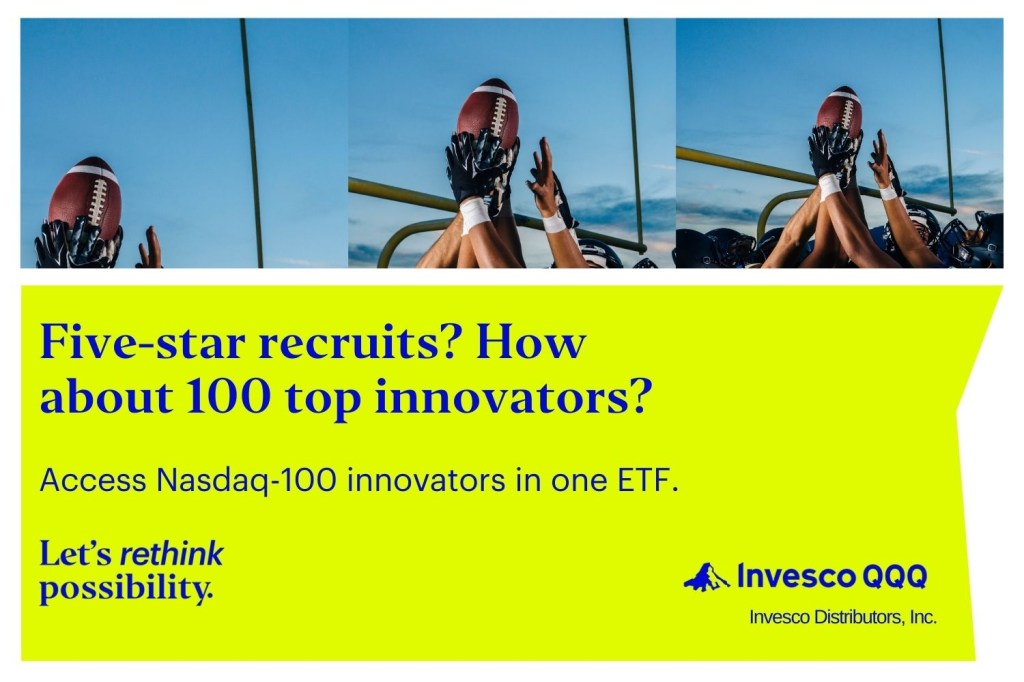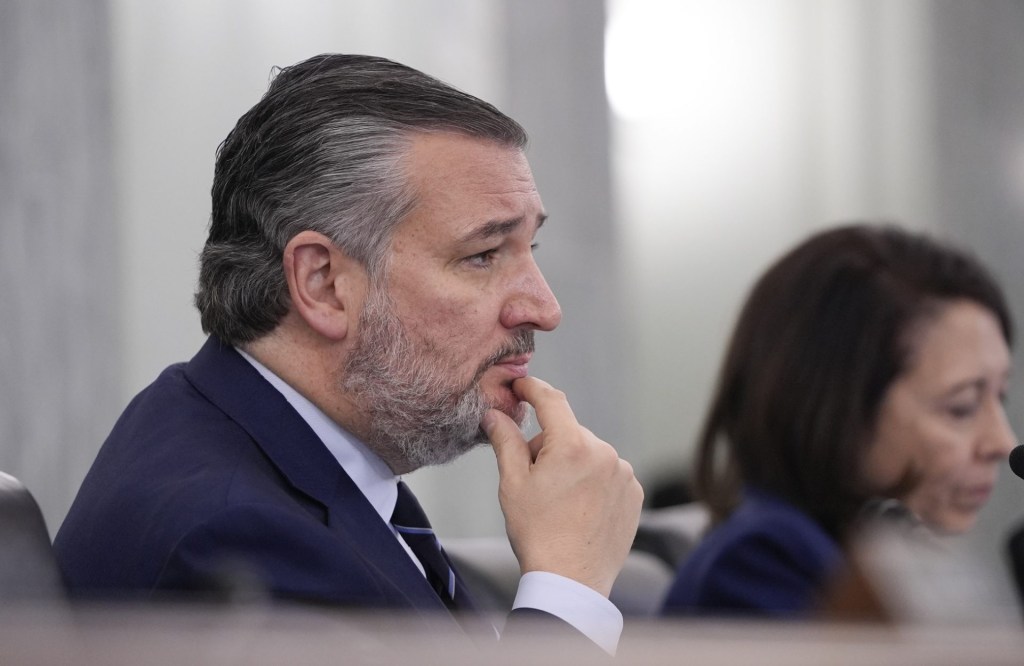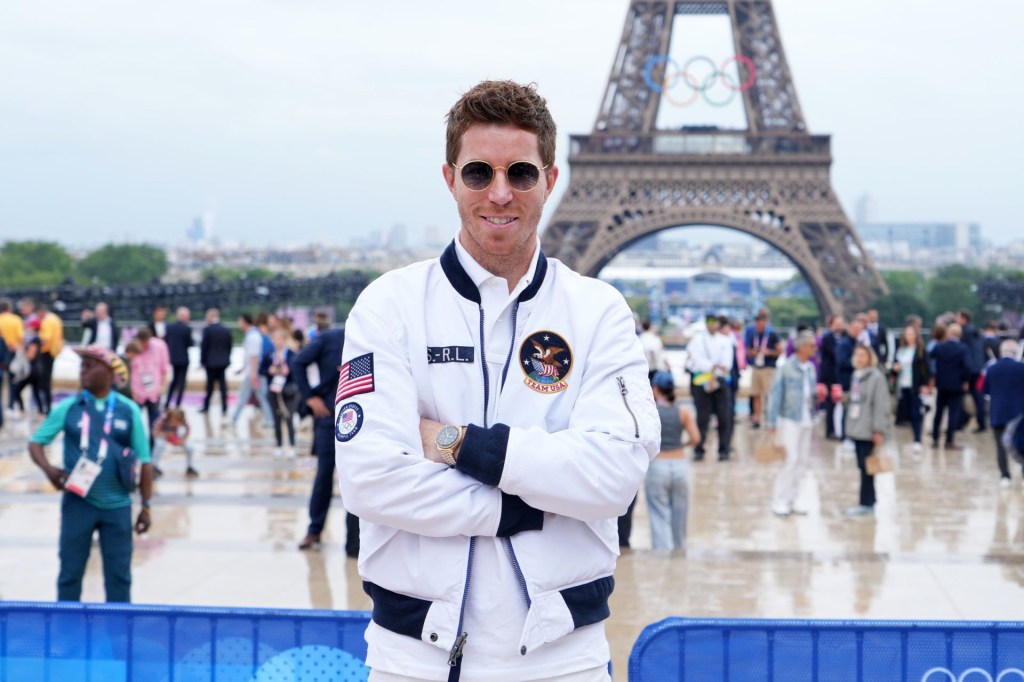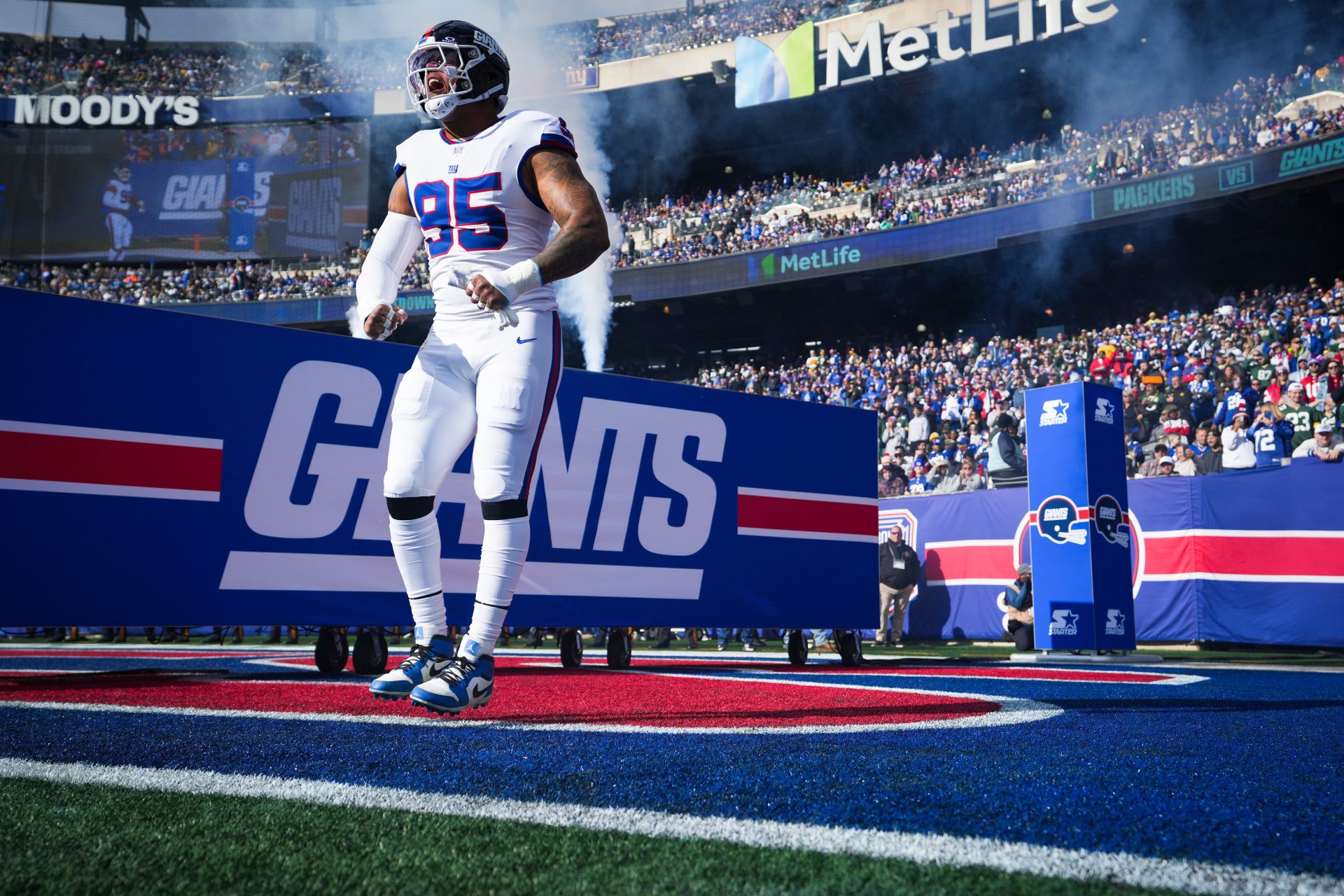On June 1, 2021, eight months after Topgolf and Callaway agreed to merge, the combined company’s stock hit an all-time peak of $37.29 per share. It has since plunged 71%, closing at $10.58 last Thursday—the day before The Wall Street Journal reported private-equity firm Leonard Green & Partners was in talks to buy Topgolf.
On Tuesday, that deal was announced. Leonard Green is taking control of Topgolf and Toptracer, the ball-tracking technology used in Topgolf venues, in a deal that values the business at $1.1 billion and unwinds the 2020 merger of Topgolf and Callaway.
Funds managed by Leonard Green will acquire a 60% stake in Topgolf. The PE firm—whose portfolio also includes Crunch Fitness and Authentic Brands Group, a holding company that owns Reebok and Champion—already held roughly 4.9% of Topgolf Callaway Brands. That entity will cease to exist; Callaway Golf Company will be the new name for Callaway, which will stand alone as a golf equipment and apparel manufacturer and remain publicly traded on the New York Stock Exchange.
The transaction is expected to generate about $770 million in net proceeds for Callaway.
Topgolf will continue focusing on its entertainment venues that combine driving ranges with socialization, much like bowling alleys. As of the end of last year, Topgolf owned and operated 100 venues, with 96 of them in the U.S. and four in the U.K.
The $1.1 billion valuation reflects Topgolf’s struggles since the October 2020 merger, which valued Topgolf at about $2 billion. Topgolf’s post-merger momentum was buoyed by the pandemic-era golf boom, but that surge has since faded, and in September 2024, Topgolf Callaway announced plans to separate into two independent companies. While a spin-off was considered the most likely path, other options were also being explored. Tuesday’s deal represents the culmination of that process.
Topgolf Callaway president and CEO Chip Brewer said in Tuesday’s press release that after undergoing a “thorough evaluation of a range of alternatives, we believe this sale is the best outcome for our shareholders, as well as our employees and other stakeholders.”
Brewer will continue to lead Callaway Golf Company once the deal closes—it’s expected to be completed in the first quarter of next year. Topgolf’s former CEO, Artie Starrs, resigned in July to join Harley-Davidson. A replacement for Starrs has not yet been appointed.
Analysts are mixed on the transaction. Jefferies called it a “win,” saying it simplifies both businesses and delivers “meaningful benefits” to Callaway while preserving “upside” through its remaining 40% stake. “In our view, this transaction is a decisive step toward simplification and value creation,” Jefferies wrote.
B. Riley Securities echoed the simplification point, billing the separation of Topgolf and Callaway as a “fundamental positive,” but highlighted the steep drop in implied enterprise value since 2020. (Topgolf was valued at roughly $2 billion in the 2020 merger, while its implied enterprise value in Tuesday’s deal is $1.1 billion.)
Analysts at Trust Securities raised questions, including why Callaway is retaining a 40% stake, what changes might be implemented at Topgolf under Leonard Green, and whether any capital will be returned to shareholders.


